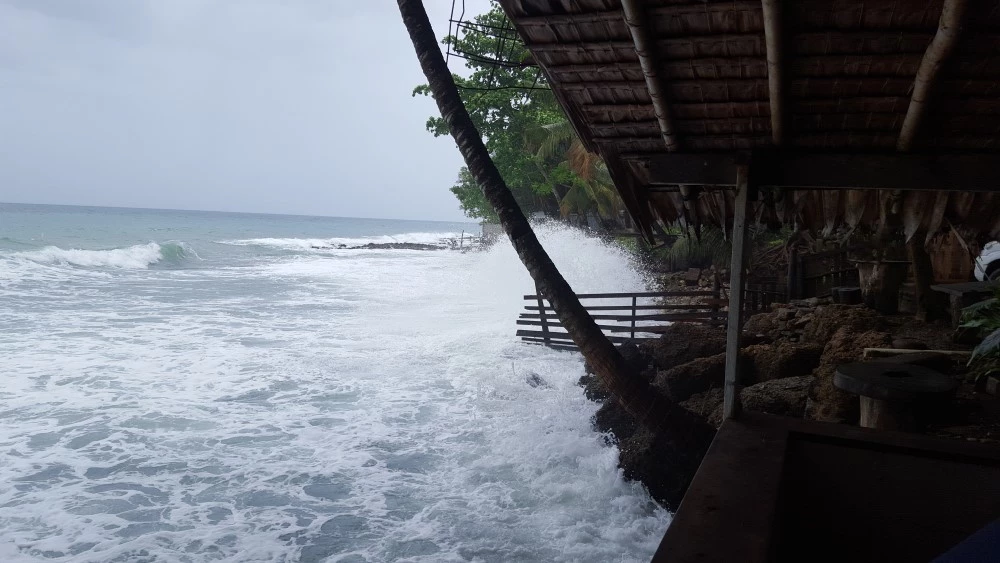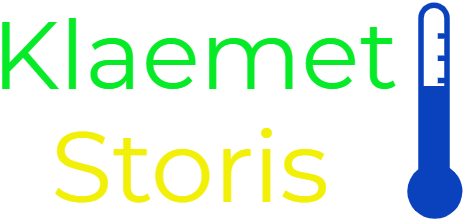
Learn more about SICAN
Double click to change this paragraph text. This is not a Lorem Ipsum text, but we still want to keep it long, blah-blah-blah, is it long yet? Oh it's enough, double click to edit :)
Solomon Islands Climate Action Network (SICAN) was created in May 2019 as a collective of diverse stakeholders urging climate change action. SICAN has a members from civil society organisations, international Non Government Organisations (NGOs), central and local government, and the private sector. SICAN's members all contribute their wide range of expertise in informing Solomon Islanders about climate change, and will also contribute to this website.
We are always keen for new members who are motivated and keen to help drive climate action in Solomon Islands. For further information on joining the network, please send us an email. You can also find out more about us, including upcoming events, on our Facebook page.
Background photo credit: John Clemo, 2019.

Who are some of SICAN's members and key contributors to Klaemet Storis?
Oxfam Solomon Islands - A key civil society organisation, Oxfam is responsible for the Pacific Climate Change Collaboration Influence Learning (PACCIL) project (see this article) and was the key force behind the creation of SICAN. Oxfam is heavily engaged in climate change in Solomon Islands, including in gender justice, capacity building, community engagement and advocacy.
Pacific Islands Students Fighting Climate Change (PISFCC) - While only a ‘young’ organisation, started in March 2019, PISFCC has already gained a reputation for strong climate change advocacy on behalf of the Pacific. PISFCC's mission is centred around seeking an Advisory Opinion from the International Court of Justice on the topic of climate change and human rights. PISFCC has advocated on the regional stage for youth to have a stronger voice in climate change decision-making. We have included some of PISFCC's resources on the Video Resources page of Klaemet Storis.
UN-Habitat - UN-Habitat is the United Nations Programme for Human Settlements, and operates on a global scale. UN-Habitat administrates Climate Resilient Honiara, a programme to improve the climate change and disaster resilience of Honiara City and its settlements. Part of this programme involves knowledge management, and UN-Habitat has supported staff in developing Klaemet Storis.
Solomon Islands Development Trust (SIDT) - SIDT is an indigenous non-government organisation, founded in 1982. SIDT works to build strength and capacity within community organisations to improve governance. This is achieved using participatory approaches and providing essential information and training that allow villagers to be self reliant and to take charge of their own future and development.
Kastom Gaden Association (KGA) - KGA has around 15,000 members across Solomon Islands who benefit from information, training and supplies relating to traditional farming methods and improving food security. KGA facilitates workshops for farmers both at its central site in Honiara, and across different provinces of Solomon Islands, to build capacity and empower communities to manage effects of climate change on food security.
Honiara City Council (HCC) - HCC is responsible for policy and decision-making relevant to climate change and natural disasters within Honiara City boundaries. HCC has staff who manage development in the City and engage with ward- and community-level groups in relation to climate change.

